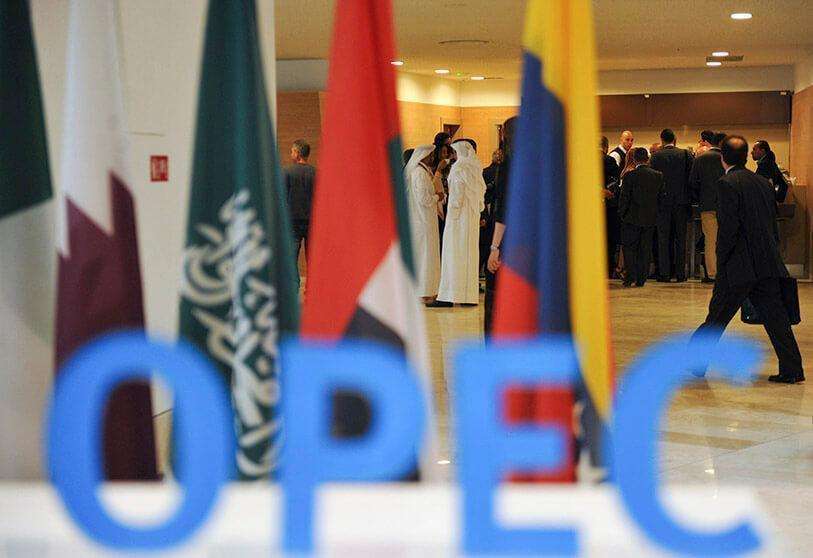OPEC+ decrees the smallest increase in its history in the midst of the energy crisis

The OPEC+ alliance agreed on Wednesday to add 100,000 barrels of crude oil per day next month to its current oil supply, thus responding only symbolically to pressure from the US and the EU to make energy cheaper, with the argument that the capacity to produce more crude is limited.
"The very limited availability" of the capacity to pump more crude in a short period of time "demands that it be used with great caution", OPEC+, led by Saudi Arabia and Russia, stressed today in a note published at the end of its monthly teleconference on the website of the Organisation of the Petroleum Exporting Countries (OPEC).
The text refers to the so-called "spare capacity", which they consider necessary to respond to unforeseen supply outages.

After "taking note of the dynamic and rapid evolution of oil market fundamentals", it was decided to "adjust upwards by 0.1 million barrels per day (mbd) the production level" of the alliance's member countries, it adds.
As a result, on 1 September, the total pumping quota of the 20 countries participating in the commitment to limit production (all except Venezuela, Iran and Libya) will rise to 43.955 mbd, from the current 43.855 mbd.
With this minimal supply increase, the smallest in OPEC's 62-year history, the alliance is in fact responding to strong pressure from the United States and the European Union (EU) to open the taps further to make energy cheaper and curb inflation.
Today's telematic meeting was the first since US President Joe Biden visited Saudi Arabia in mid-July to personally request additional barrels.

But analysts are ruling out the symbolic increase having any impact on oil prices, currently around $100/barrel, amid tensions created by Russia's invasion of Ukraine and Western sanctions against the Kremlin.
With today's decision, Saudi Arabia and the rest of OPEC effectively re-endorsed their oil alliance with Russia, sealed six years ago to address the cheapening of crude oil caused by the US shale oil boom.
The ministers stressed "the value and importance of maintaining consensus as essential for the internal cohesion" of the group, and called their next teleconference for 5 September.









